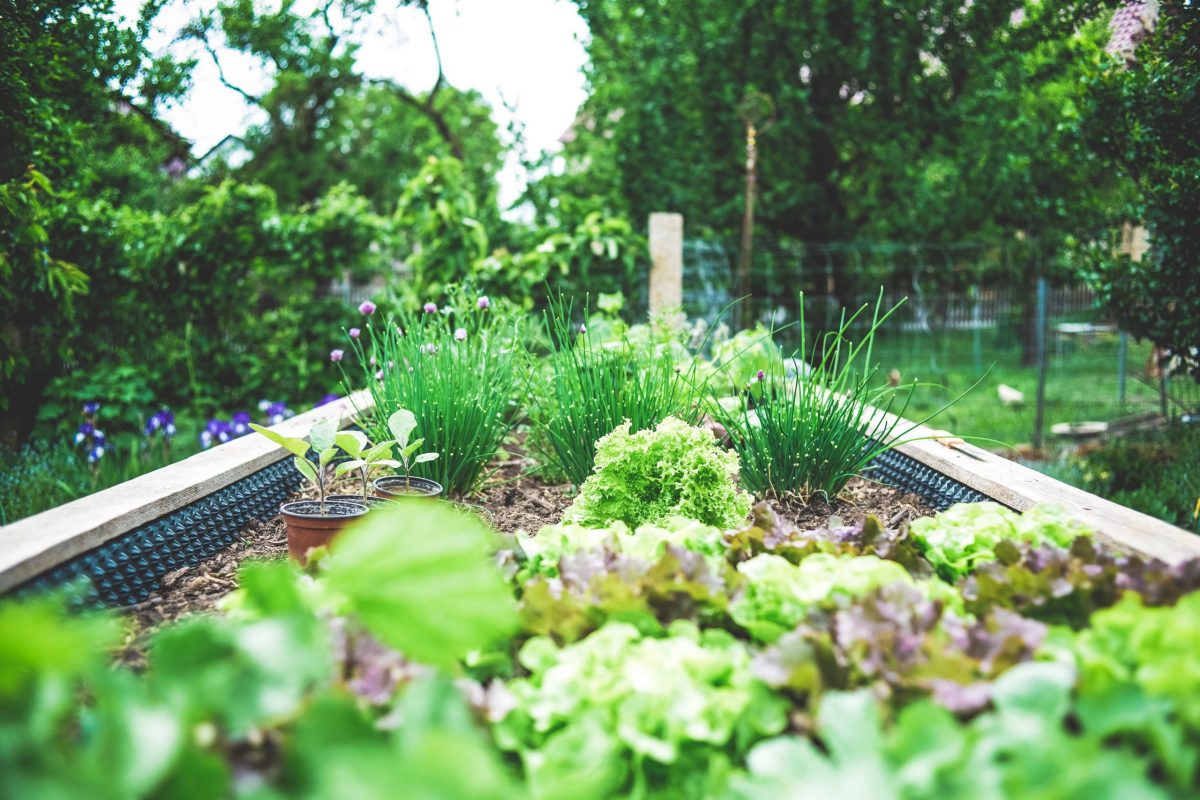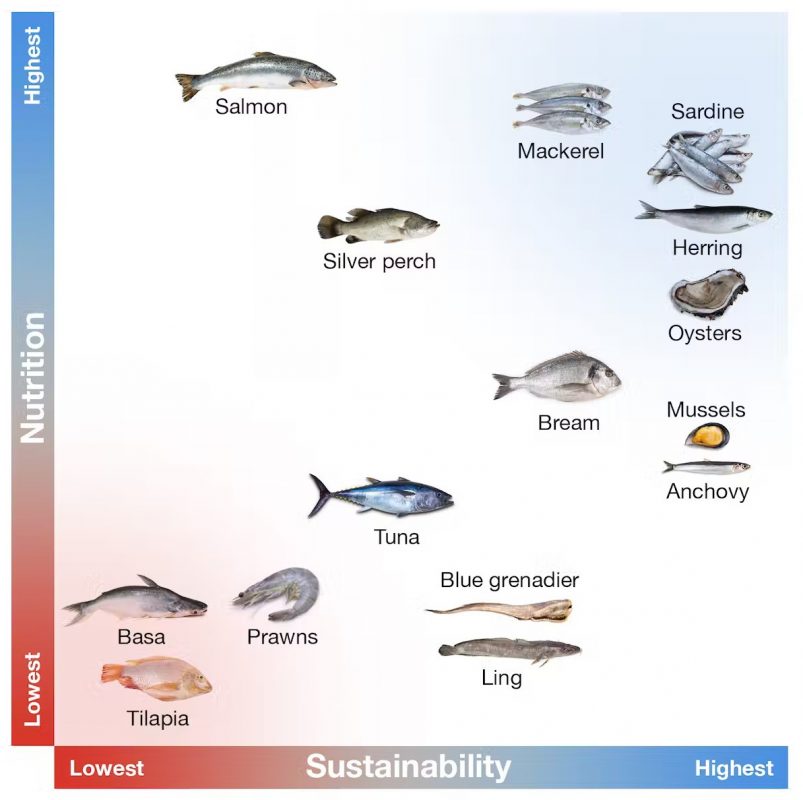Plant folklore has carried generations of knowledge down the evolutionary chain. How have we learnt about these traditions and practices? Well, plant growing in extreme weather conditions breaks a basic rule – do this and your garden plants will suffer, and therefore won’t grow. This knowledge is based on seasonal wisdom, and some people refer to this as gardening lore.

The natural world is very sensitive to temperature changes due to changing seasons. Plant flowering can happen earlier, later or not at all.
As global warming deteriorates, the average surface temperature increases. Countries are trying to keep the temperature rise well under 2℃ given the world’s average surface temperature was 12.1℃ back in the industrial revolution. Now it’s almost a degree hotter – and could be up to 3℃ hotter by the end of the century if high emissions continue.
Spring is Coming Early due to Warmer Temperatures
What does this mean for gardeners? Some Australian plants may have early flowering and fruiting – around 10 days earlier per decade while some trees and plants put out new leaves 5 days earlier than in the 1950s – based on research from the Australian Institute.
Japan’s famous spring cherry blossoms are blooming earlier than they have in centuries. Last year peaked the earliest recorded bloom in a data record going back in the early 9th century.
Given the earlier flowers blooming therefore earlier fruiting, the patterns of bird migrations shift towards earlier boarding and delayed autumn returns.
Summer is getting Hotter and Longer

The overall trend of the rain is clear, which leads to the growing risk of bushfire year after year, given more extreme fire danger on some days. Bush fire for the last three decades contributed to a loss of approx. 48,000 hectares of forest across Australia. Management plan on fuel reduction burns and firefighters response team may need a new x factor to balance the equation due to longer fire seasons.
Hotter temperatures are challenging the salmon farmers in Tasmania. Atlantic salmon prefers to grow in cold water but climate change pushes up the ocean temperatures, especially in fish species bearing their upper-temperature limit in the time of ongoing warmer summers and having to migrate south as the ocean boundary of Tasmania’s giant kelp has been cleared out.
Arctic sea ice is melting earlier in summer and freezing later in winter. As warming intensifies, the central Arctic is likely to stay ice free over summer by 2100. The ecosystem may have dramatically changed within the area as the North Pole has been covered by sea ice for a thousand of years.
Autumn is Falling Behind
At the beginning of autumn, some Australian tree such as nothofagus, may change colour and fall to the ground, as much as as what the Northern Hemisphere does. One month delay for autumn arrival is taking place due to warmer temperatures and rising atmospheric carbon dioxide.
Winter is Disappearing
In Australia, mountain pygmy possum, the Alpine species, breeds their families upon their life cycles around winter snow. The decreasing snowfall in the last decades had impacted their snow melt water supply. In Santiago, Chile and semi-arid areas in the United States, water resources are becoming precious due to decreased supply to their snowmelt with less snow and ice year by year.
Species on the Move

Different animals, birds, fish and plants are living in different seasons and areas where they could not have survived before.
Tropical corals can now be found growing heathily near Sydney. Coral reef fish are heading south to areas well outside their comfortable breeding zone. Suprisingly, the tropical yellow bellied sea snake can even be seen in Tasmanian waters.
Changes Everywhere
Climate change is taking place from small to large scales, from extreme weather to ecosystems changing all the way through to the time when you can do your gardening veggie patch.
For gardeners, this means accepted wisdom no longer holds. In Tasmania, you can now safely plant tomatoes 18 days earlier than you could in the 1990s. That’s because minimum temperatures in October are now about 1℃ warmer than they were in 1910.
Hobart’s daily minimum temperature in October for three time periods: 1882-present, 1882-1990, and 1990-present. The last 30 years have been much warmer on average than the years before.
Credit: theconversation.com
Climate change is altering our seasons and changing our world in both obvious and subtle ways. Climate change is not a future issue. The future is now.
Subscribe to FIB’s Weekly Breaking News Report for your weekly dose of music, fashion and pop culture news!







